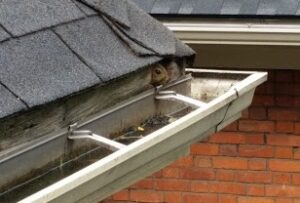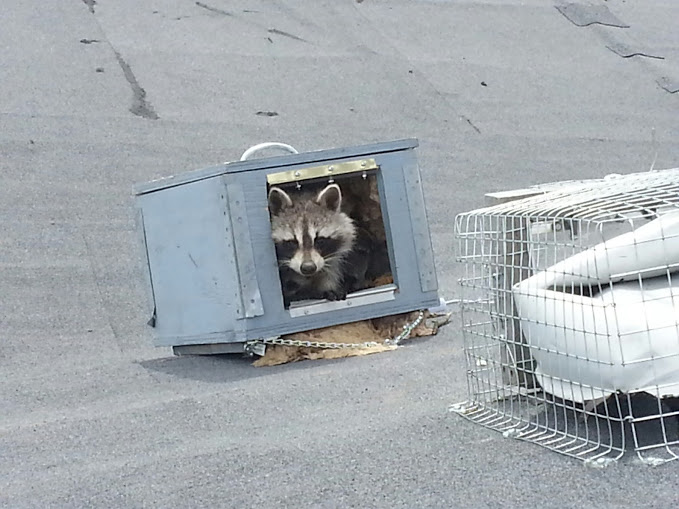Professional wildlife control services are essential everywhere in North America, especially in urban environments. The need for humane removal will only continue to grow as city borders expand and humans take over more areas that were once animal habitats. There are even fewer safe areas for wildlife to live in cities, making people’s homes that much more enticing, particularly when the animals are ready to have litters.
Homeowners often realize they require the help of a professional only after wildlife starts becoming a nuisance. Once they are aware of all the ramifications, they typically realize that it’s much wiser to seek professional help than to try to handle removal themselves. Here are four of the primary reasons for calling professional services:
1. Wildlife Diseases
Wild animals may present more health hazards than homeowners realize. Rabies is the first disease that comes to most people’s minds. Such common household intruders can carry this as bats, raccoons, skunks, and opossums. Other diseases that can be brought along with animals invading the home are the hantavirus, histoplasmosis, leptospirosis, and toxoplasmosis. Amateur attempts to remove wildlife can result in homeowners or their family members getting bitten by the animal or the parasites living on them, thereby exposing them to these illnesses and others. There is also the danger that pets can be bitten by the wildlife or their fleas and ticks, especially if there are nests in the home.
2. Property Destruction and Devaluation
 Another common reason for having wildlife removed from private property is the destruction that invading critters can cause. One of the most concerning is the chewing of electrical wiring. This can often go undetected, opening up the home to the risk of electrical fires. Damage to roofing material can also cause leaks into
Another common reason for having wildlife removed from private property is the destruction that invading critters can cause. One of the most concerning is the chewing of electrical wiring. This can often go undetected, opening up the home to the risk of electrical fires. Damage to roofing material can also cause leaks into
Obvious signs of wildlife living in a home, such as noticeable gnawing, the visual presence of feces, or the smell from animal nests, and damage to attic insulation can decrease the value of a home when the owner is trying to sell. For all of these reasons, homeowners who might otherwise be inclined to let the animals stay, at least until their babies are grown, will want them removed.
3. Difficulty With Amateur Removal
A growing concern among the public is the humane removal of wildlife. This may cause someone to consider trying to remove the animal personally. Not only can trapping be tricky for the nonprofessional, but there is also the problem of where to release a captured creature. Many laws surround what can and can’t be done with wildlife, even on one’s own property. To ensure compliance with regulations, which are dependent on the area and may change periodically, and to keep the animals as safe as possible, professional services are often sought. Another consideration with removal is that, if done improperly, a wild animal may end up dying in a difficult-to-reach spot inside the home, which will cause more of a headache for homeowners in the future.
4. Difficulty With Thorough Prevention
With all of the above considerations, it’s better to prevent wildlife from ever taking up residence in a home to begin with, rather than having it removed after the fact. However, animals such as raccoons are incredibly resourceful at finding their ways around DIY barricades. Given the risks surrounding wildlife entry, wildlife control services are often called upon to inspect a home and assist in ensuring that any potential access points have been thoroughly closed off before critters can move in.
Homeowners Require Wildlife Control Services
Humans and wildlife, especially in urban environments, are always going to live in close proximity with one another. Living in harmony is only possible if animals stay outside the home where they belong. As wildlife control professionals, we provide an essential service to urban homeowners, giving them peace of mind that their home really is their fortress, at least where wild critters are concerned. Contact us today if you’re dealing with an issue of animals on your property.



